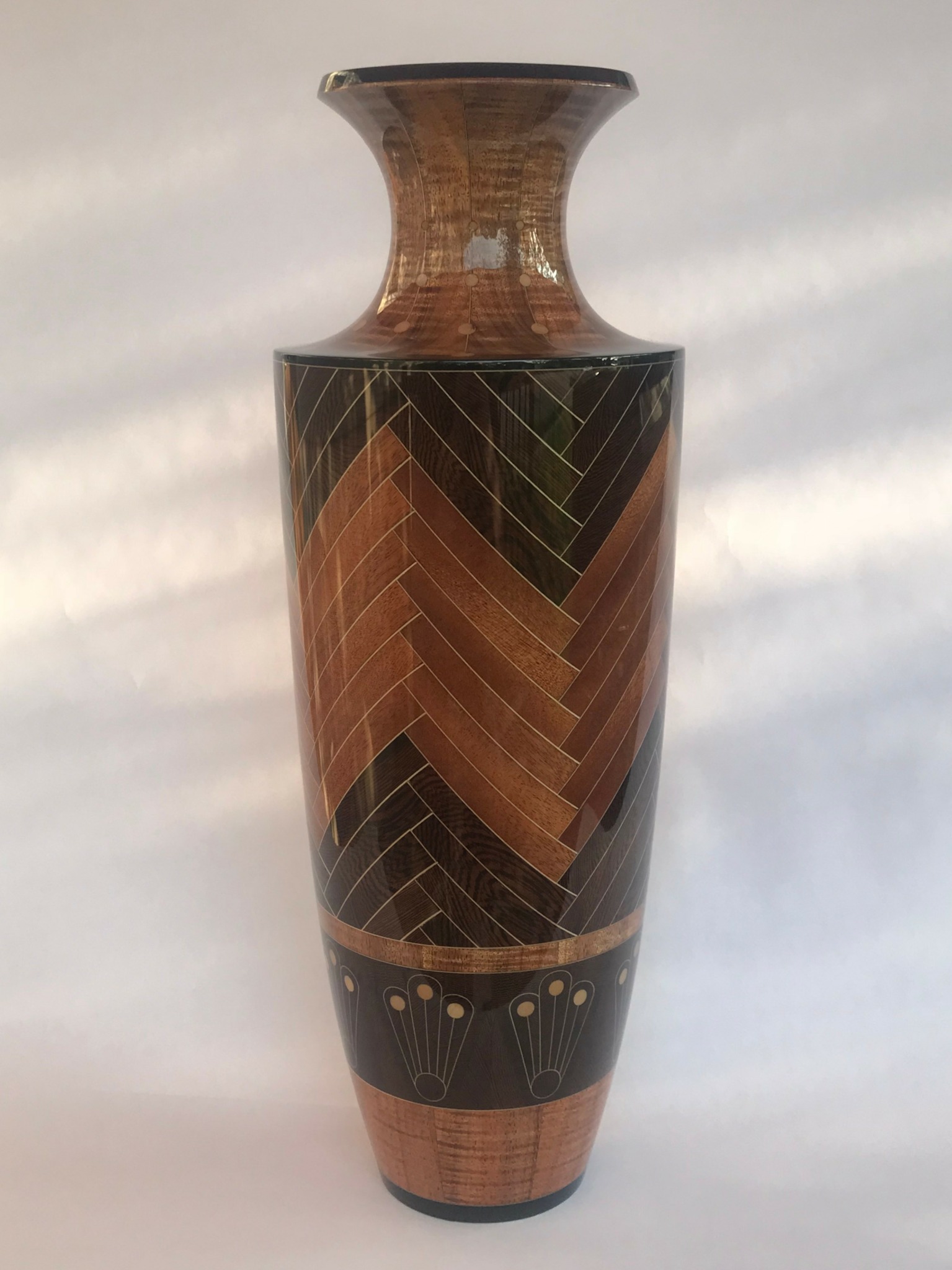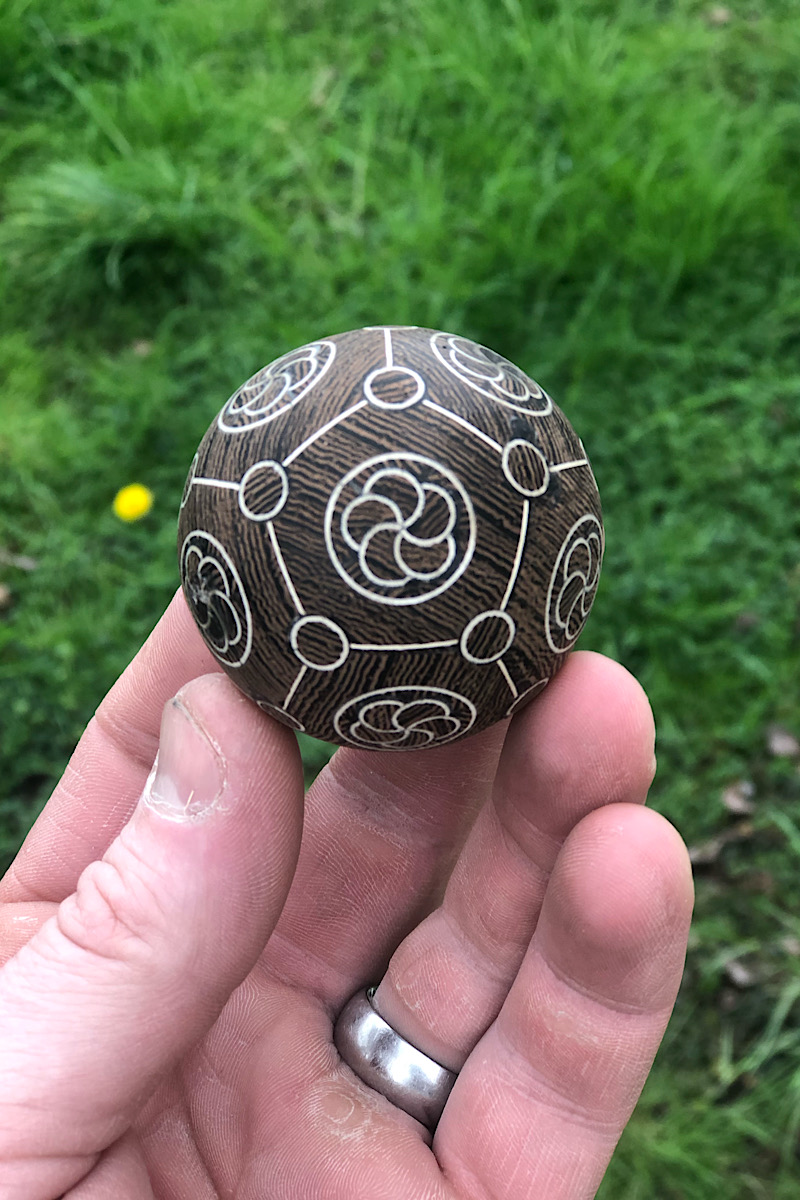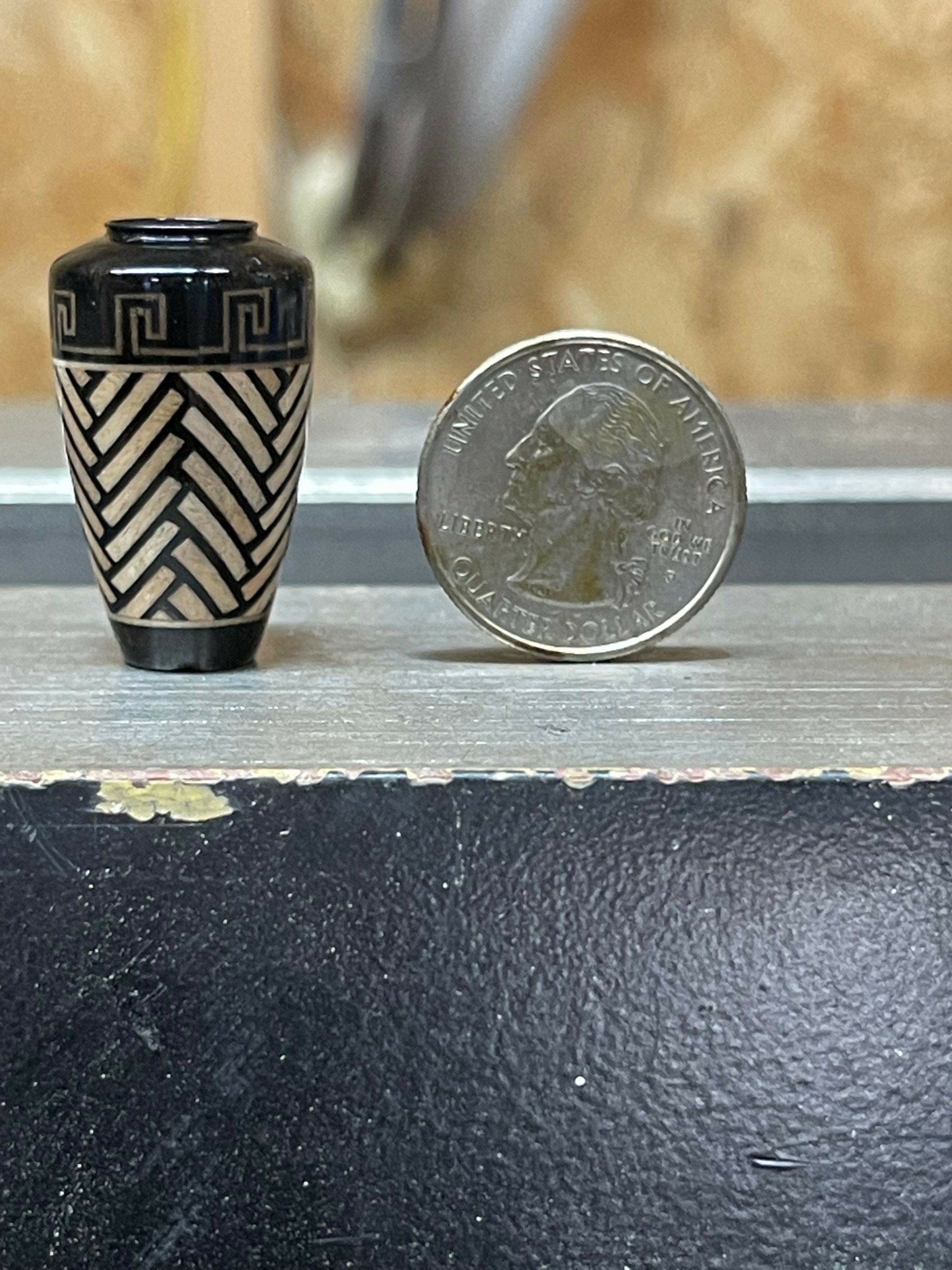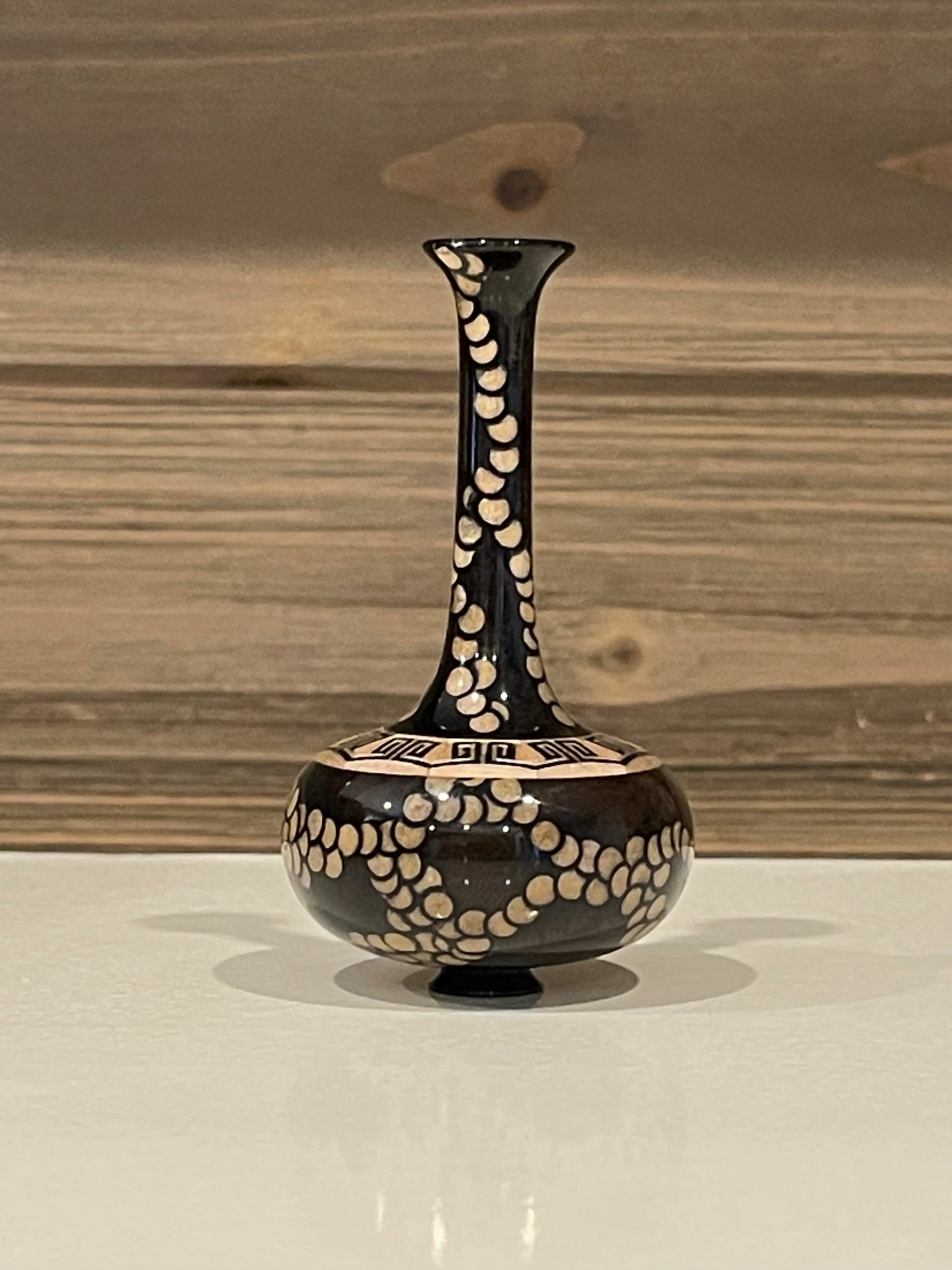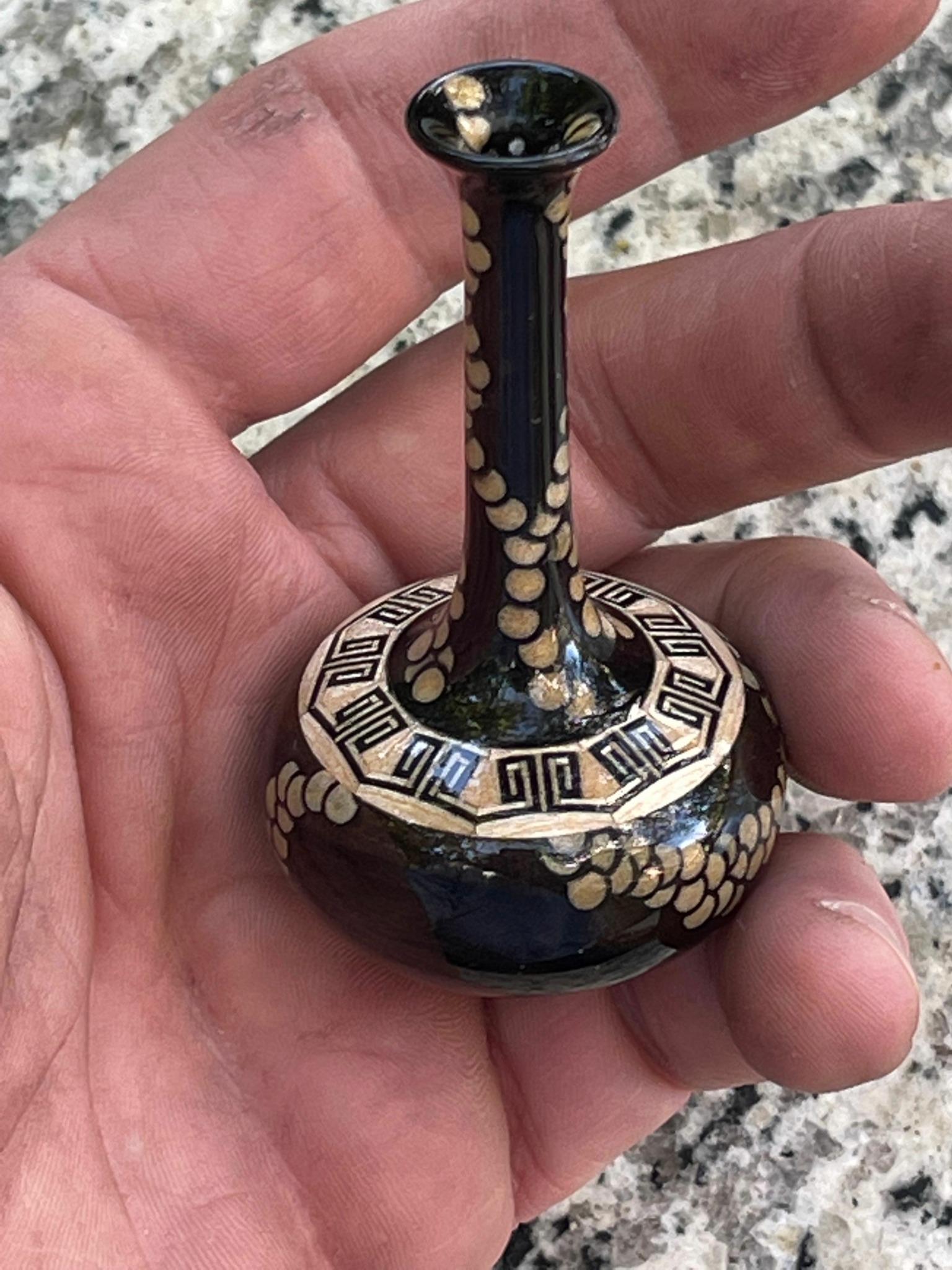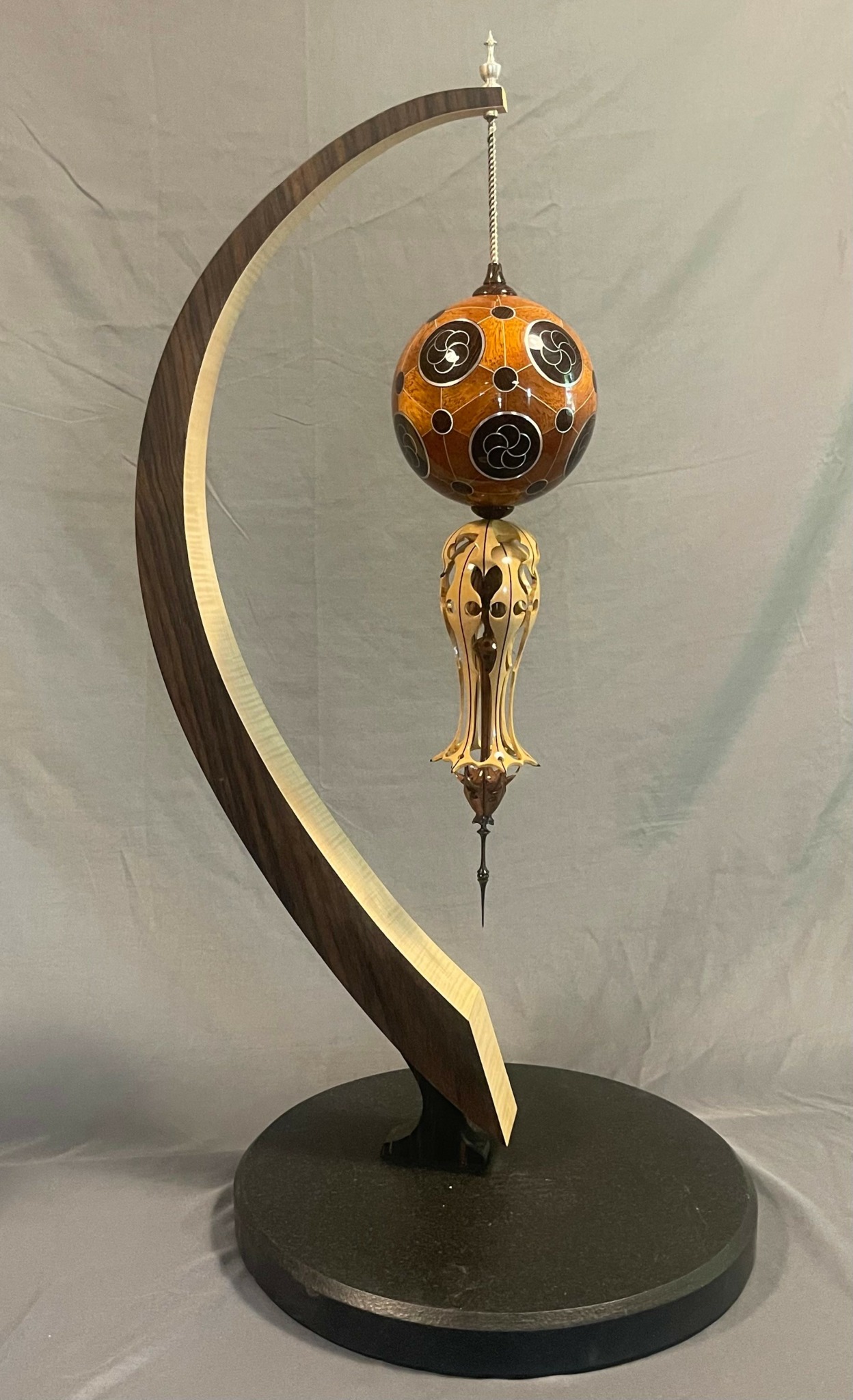We caught up with the brilliant and insightful Eli Polite a few weeks ago and have shared our conversation below.
Hi Eli, thanks for joining us today. Coming up with the idea is so exciting, but then comes the hard part – executing. Too often the media ignores the execution part and goes from idea to success, skipping over the nitty, gritty details of executing in the early days. We think that’s a disservice both to the entrepreneurs who built something amazing as well as the public who isn’t getting a realistic picture of what it takes to succeed. So, we’d really appreciate if you could open up about your execution story – how did you go from idea to execution?
I have never had a shortage of ideas. The real challenge is taking an idea and turning it into something physical. In order to do that you have to understand the tools that are available. not just what’s available. But what’s available within your price range. Not everyone has access to the best tools available because tools are expensive and sometimes hard to come by depending on what you need. So a lot of my ideas have to be just deconstructed in a way that they can be reconstructed using the tools Available to me. In many cases, I’ve had to make my own tools and jigs in order to create my vision. I personally believe that the most important part of taking something from an idea to something physical is the ability to solve problems. If you can solve problems Than anything is possible. When I’m deconstructing or constructing an idea, I’m always looking for the simplest most effective solution. It is so easy to over engineer something which creates problems in end of itself. These problems can include what are not limited to unnecessary tooling and time-consuming roundabout ways of completing simple tasks and procedures. I’m always looking for the simplest most effective way to make things happen.
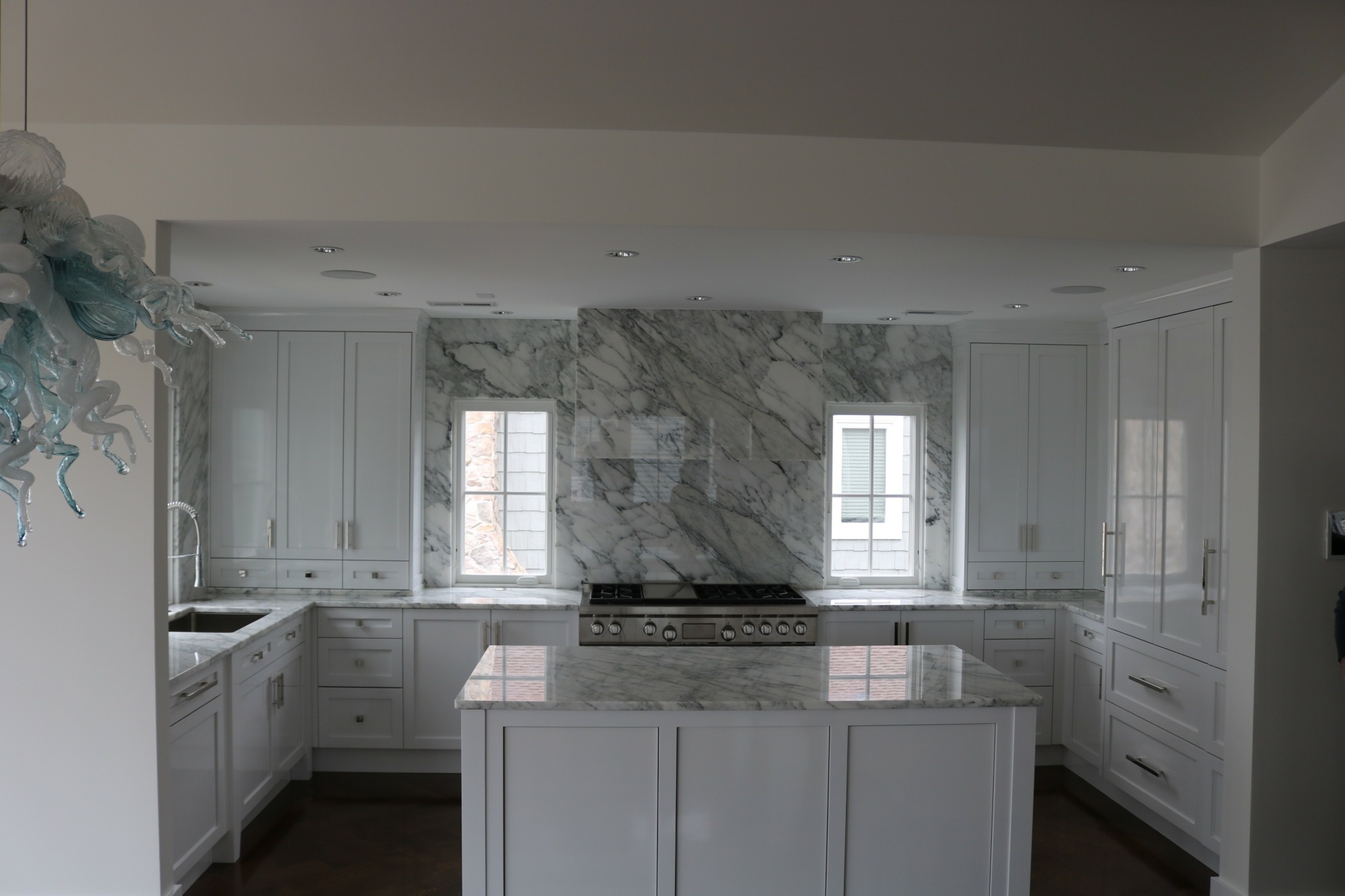
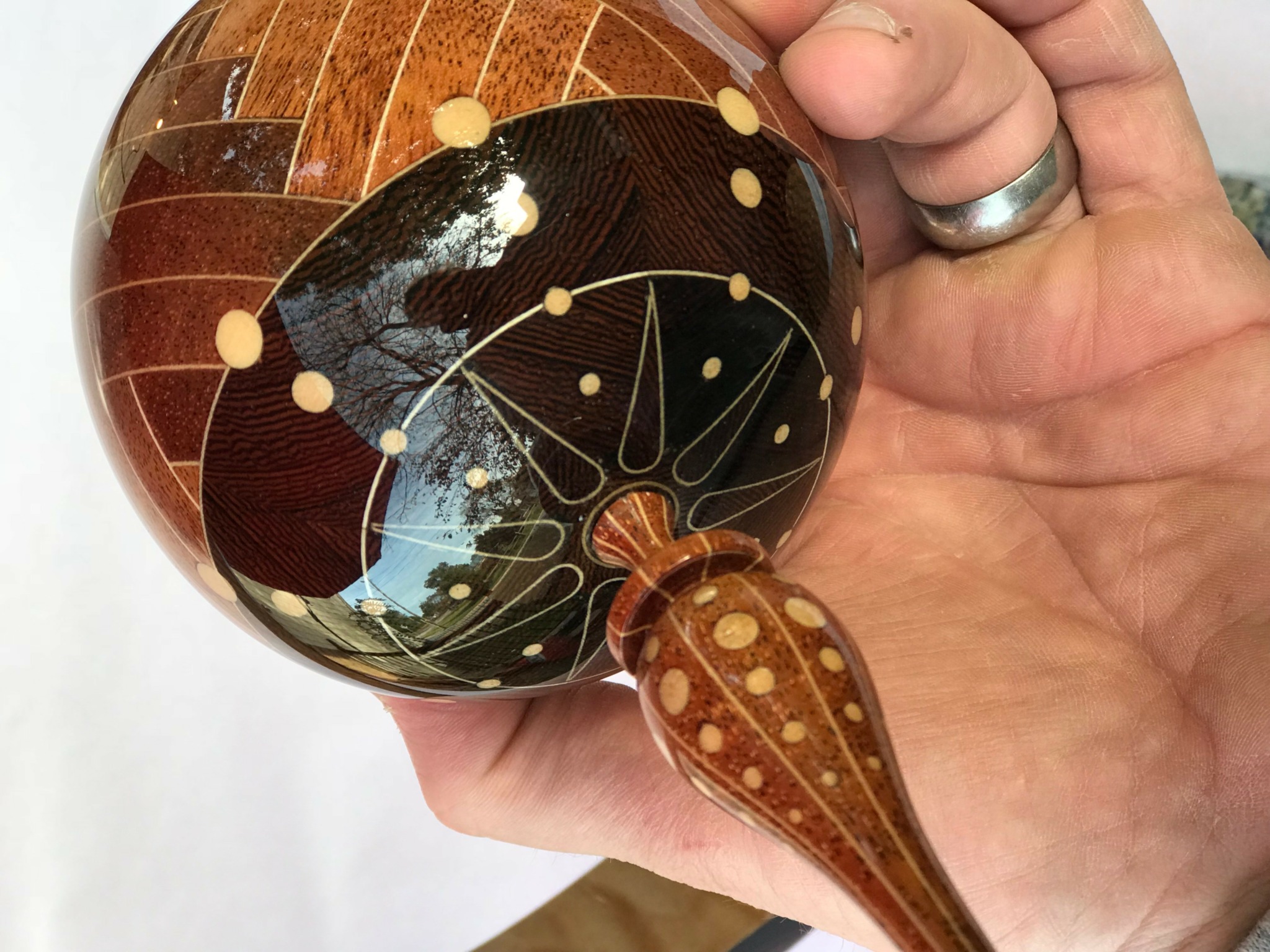
Great, appreciate you sharing that with us. Before we ask you to share more of your insights, can you take a moment to introduce yourself and how you got to where you are today to our readers.
I’ve been a craftsman in my entire life. Most people who are craftsman will say the same thing. I started working with my hands at the age of eight and just never stopped. I have a deep curiosity for how things work. I’ve always had fairly limited resources so most of my ideas come to fruition through a lot of hard work and study. Necessity is the mother of all inventions is a common saying among craftsman and artisans. I don’t consider myself a woodworker, a metal worker or any other specific category of craftsman. My skill set covers a large range of materials. I started as a cabinet maker in the early 90s and from there I moved into the countertop industry. My main source of income is doing Grant at work and kitchens. But not just countertops. I do wall cladding fireplaces and much more. I’m also a well known and recognized wood Turner.. I am also a painter and I make stocks and grips for guns as well. I also work with Madeline glass. I’ve spent my entire life studying crafts in all genres.

Can you share a story from your journey that illustrates your resilience?
In 2007 I started my own business installing granite countertops. In 2008 the housing market crashed and my business went bankrupt essentially. During this time I was able to join a group of like-minded people and we started our own granite shop during the worst time possible. It was an immense struggle that almost failed in many ways. But we push through and we are still here today. We focused on high-end construction and honing our skills to a point that was beyond all of the local shops. To this day, most of the local shops send work to us that they are incapable of Handling. There are obviously still ups and downs with the economy and struggles with that night industry. During the ups and downs, I have focused on side projects, such as wood, turning and making grips for guns and stocks for rifles. My efforts in those areas have won me many awards and I’ve gave me recognition worldwide as a master wood Turner.. Most of my wood turnings sell around the world. I’ve sold my work in Australia, Italy, Britain, Brazil, China, New Zealand, and many more countries. In all reality, it’s diversity that is kept me afloat.

We’d love to hear the story of how you turned a side-hustle into a something much bigger.
My side hustles have always remained as side hustles, however. I spend as much time on them as I do on my main source of income as a countertop fabricator. My side hustles are where I am able to dump my extra creative energy. Because I have kept them as side hustles. I haven’t looked at them as a source of income. Which is allowed me to spend more time than the average person on these adventures. Which means I’ve been able to slow down and focus on the creative aspects of them. This is put me in a category on my own and the wood turning world. Something happens when you turn something you love into a job instead of a hobby that you love. You lose a certain sense of freedom in those pursuits. At freedom is taken over by deadlines and budgets. That limit your ability to be creative and push your abilities to the absolute maximum. Potential that you hold.
Contact Info:
- Instagram: Elipolite
- Facebook: Eli Polite
- Youtube: Eli polite
- Other: Everything is just my name Eli Polite
